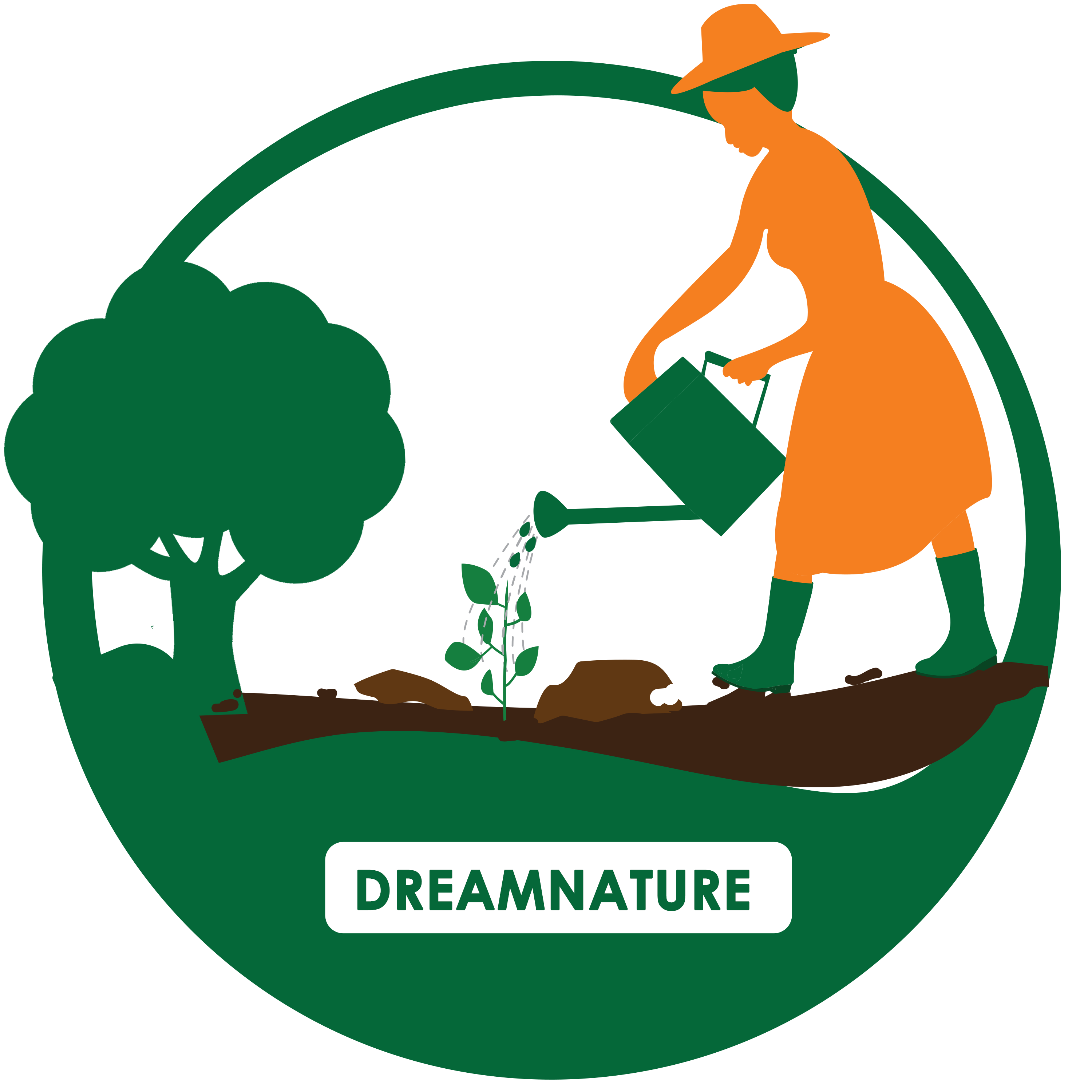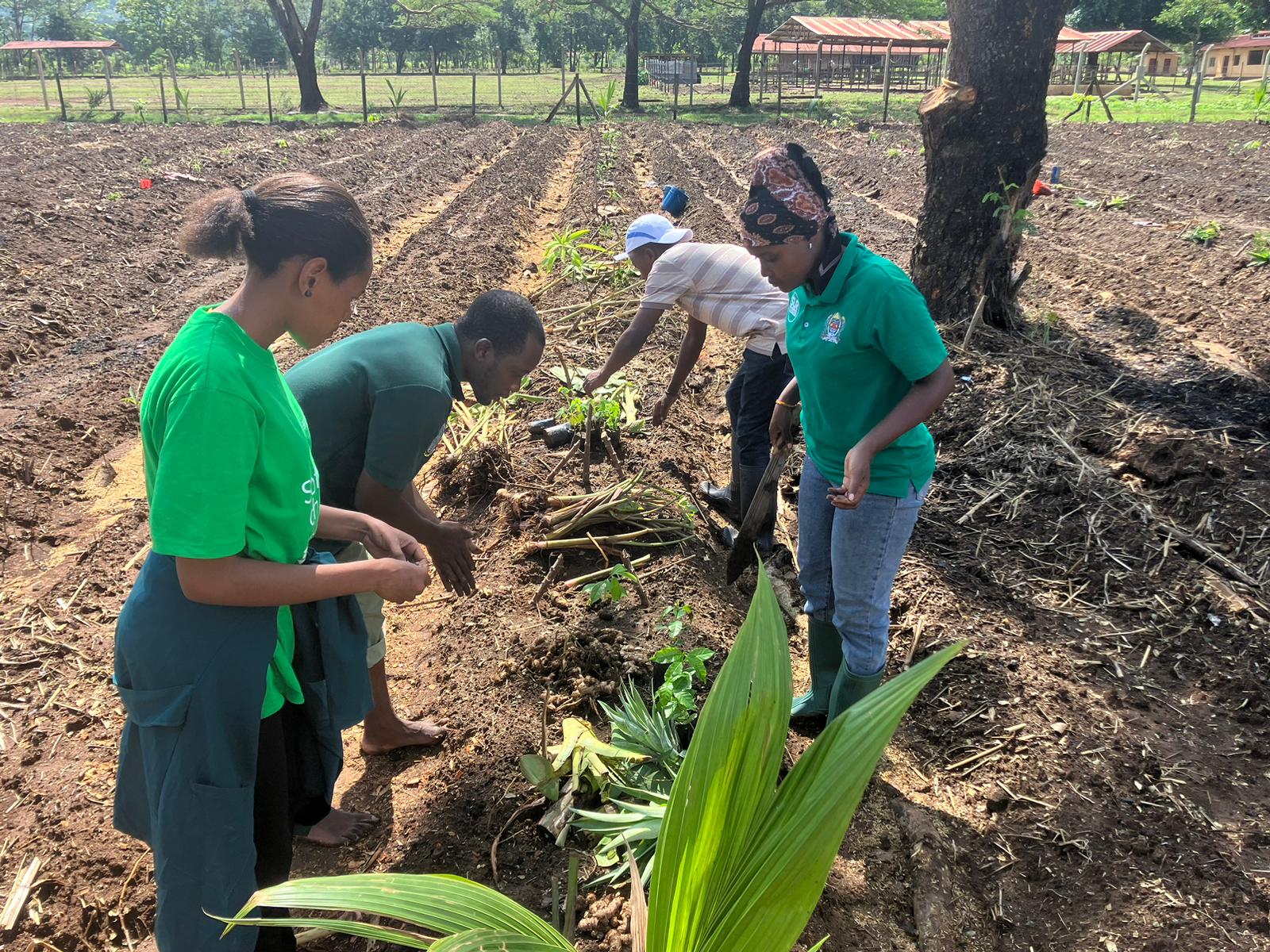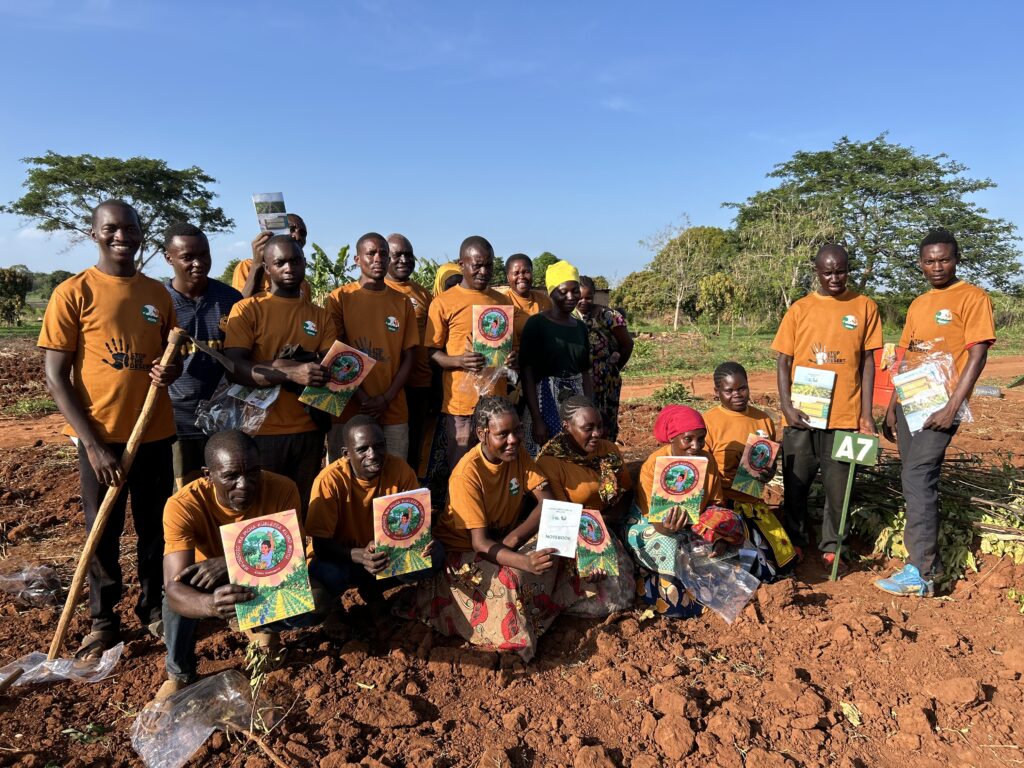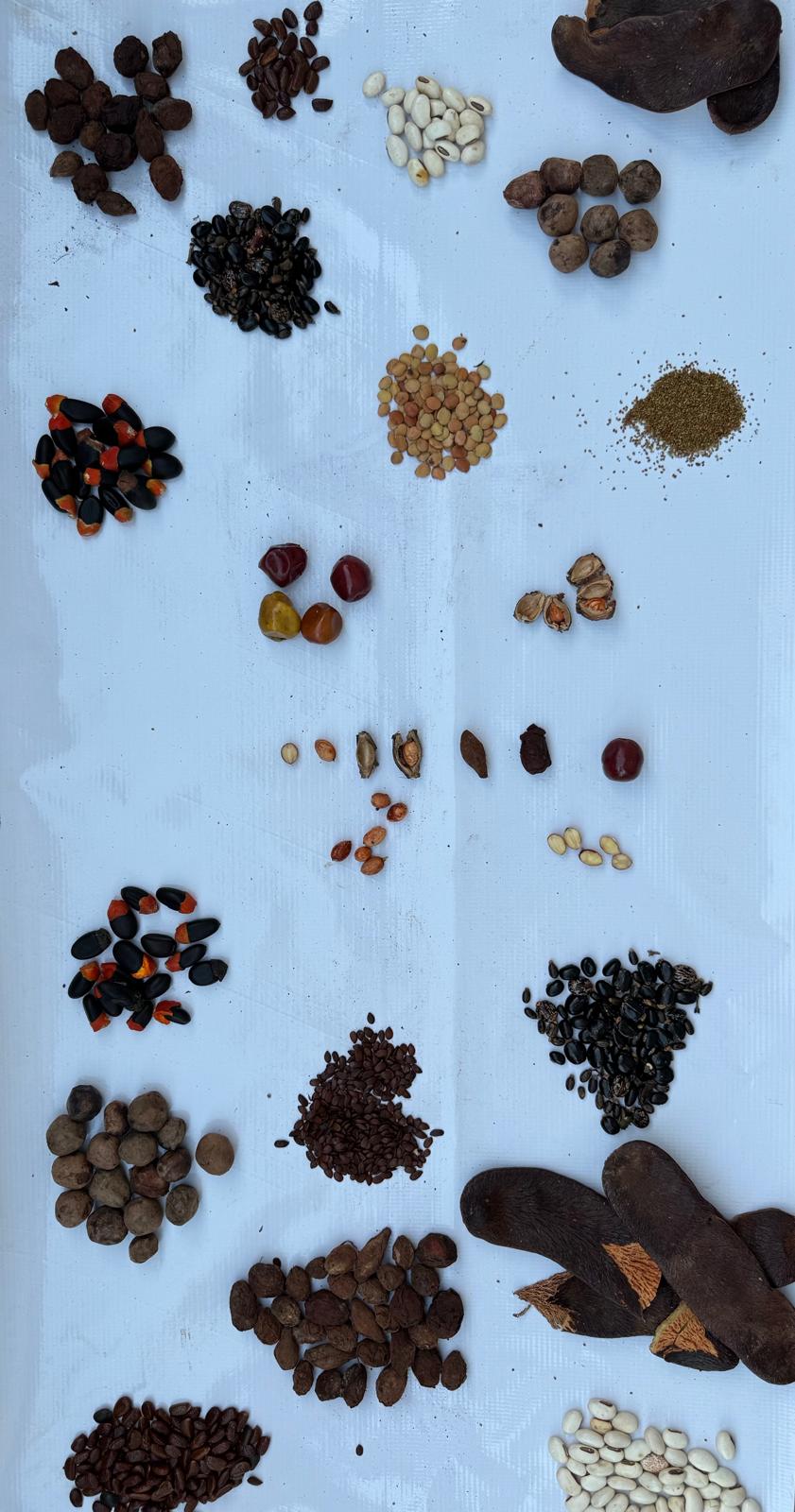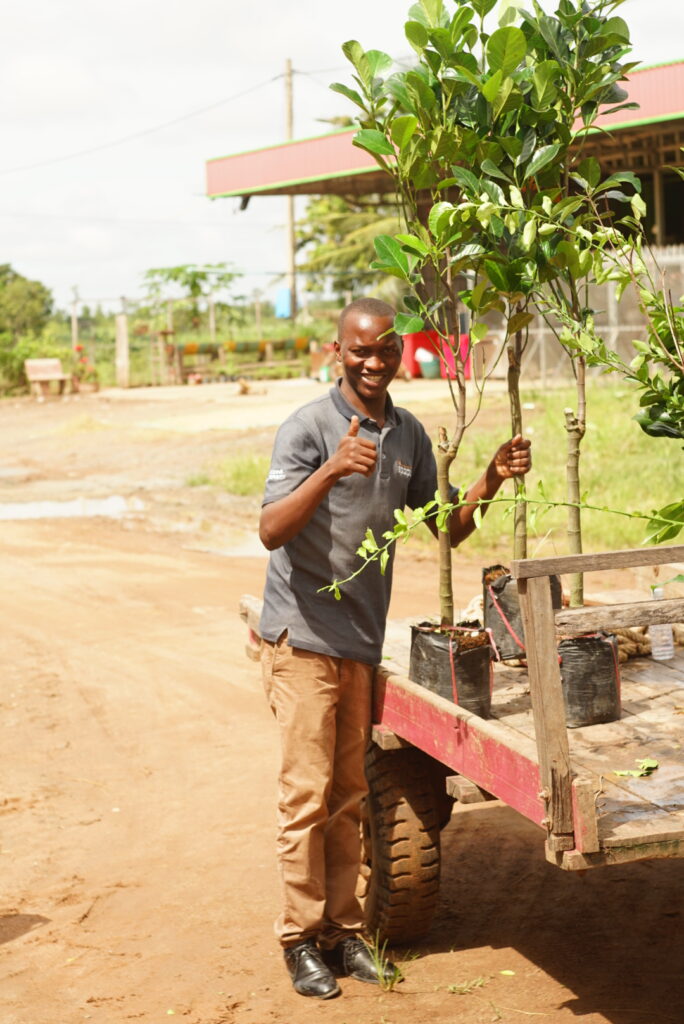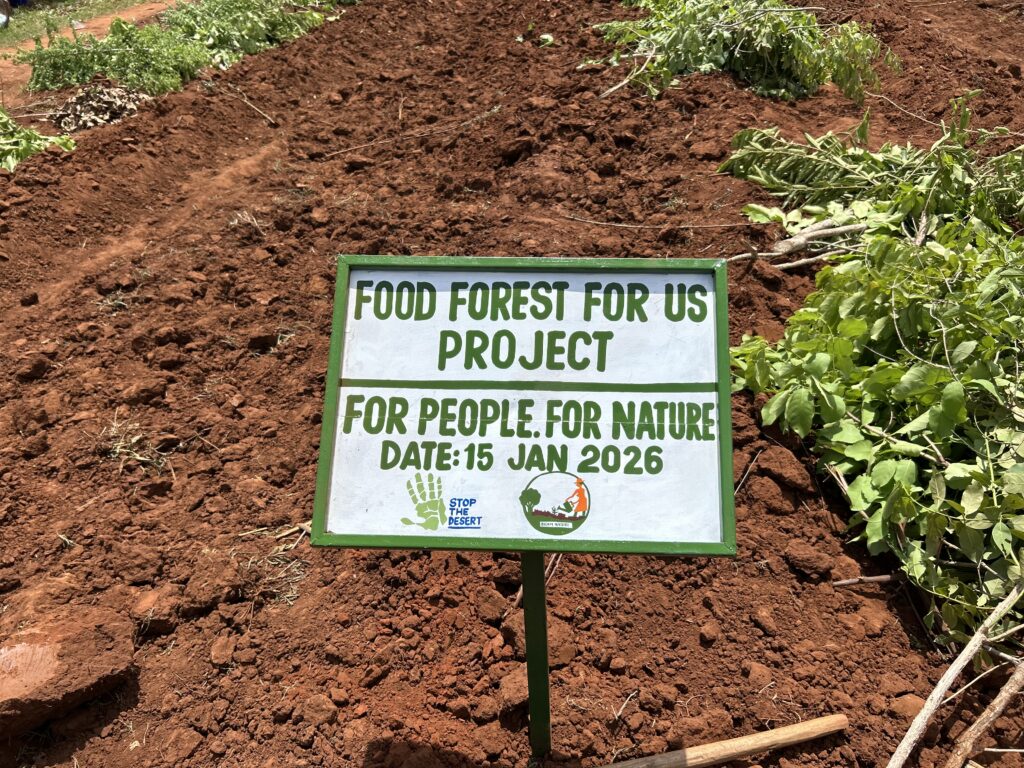
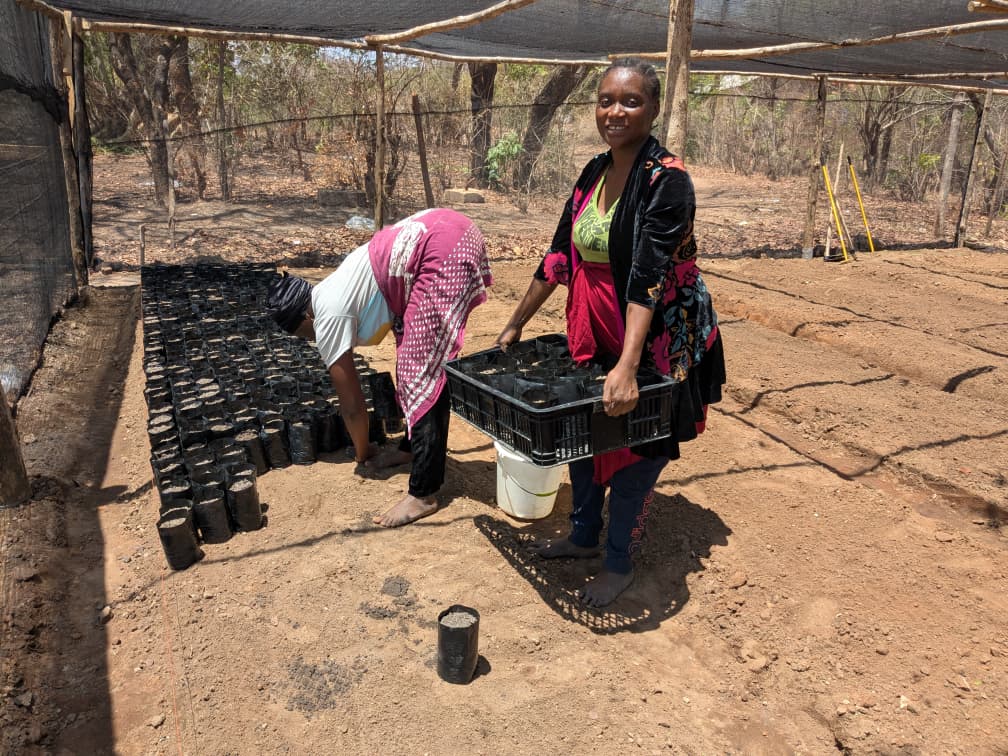
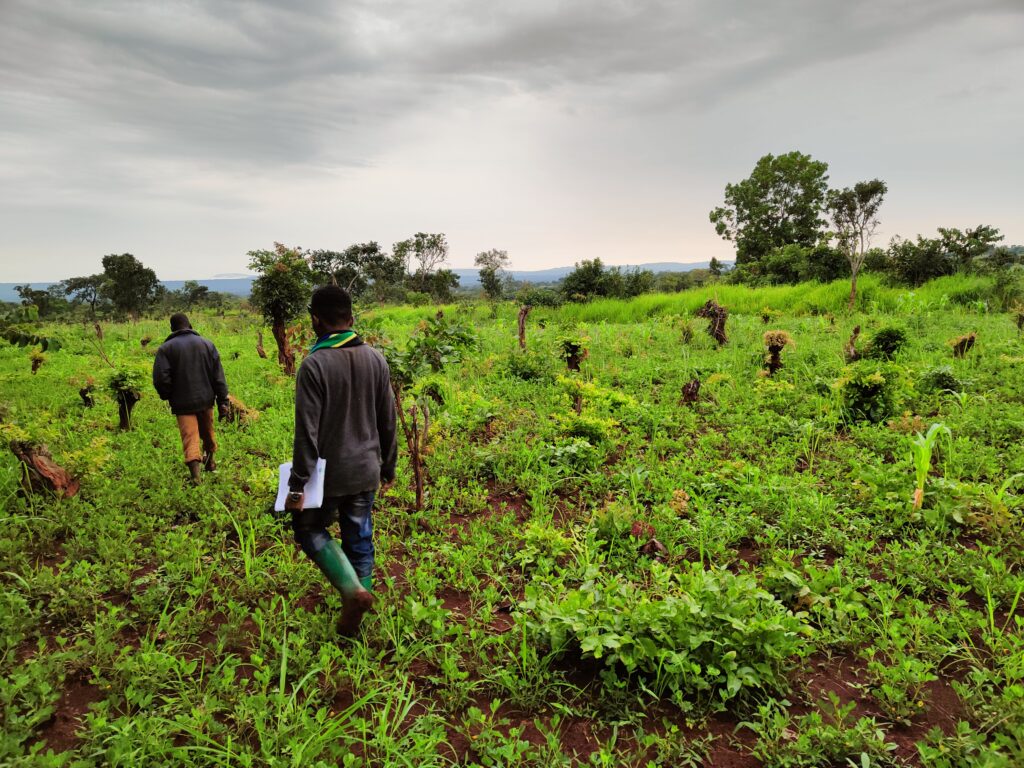
Vision statement.
We envision a future where native trees are central pillars of sustainable development, resilience and well-being.
Mission statement.
To unlock the potential of native trees for sustainable development through applied research, integration into agroforestry systems, and community empowerment.
Goal Impacts
Farms that produce both food and income with healthy soils and native trees returning to landscapes for resilience.
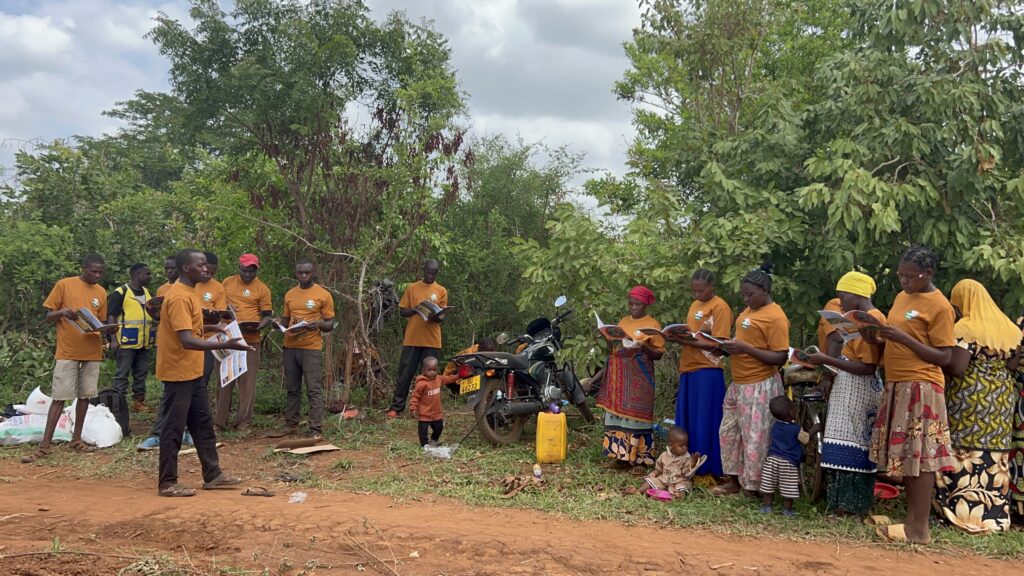
KEY THEMATIC AREAS
All what we do in the strategic plan of 2026 – 2030, falls within the two thematic areas and the four program pillars. Reflecting the organization’s commitment to community livelihoods and wellbeing while restoring native tree-based ecosystems, resilience and soil health.
Thematic Area 1: For People
Focuses on strengthening community knowledge and technical pactical capacity for sustainable livelihood (food and income), innovation and wellbeing
Thematic Area 2: For Nature
Focuses on native tree-based healthy ecosystems, protection of soil health, and climate resilience through the people and plants on the environment.
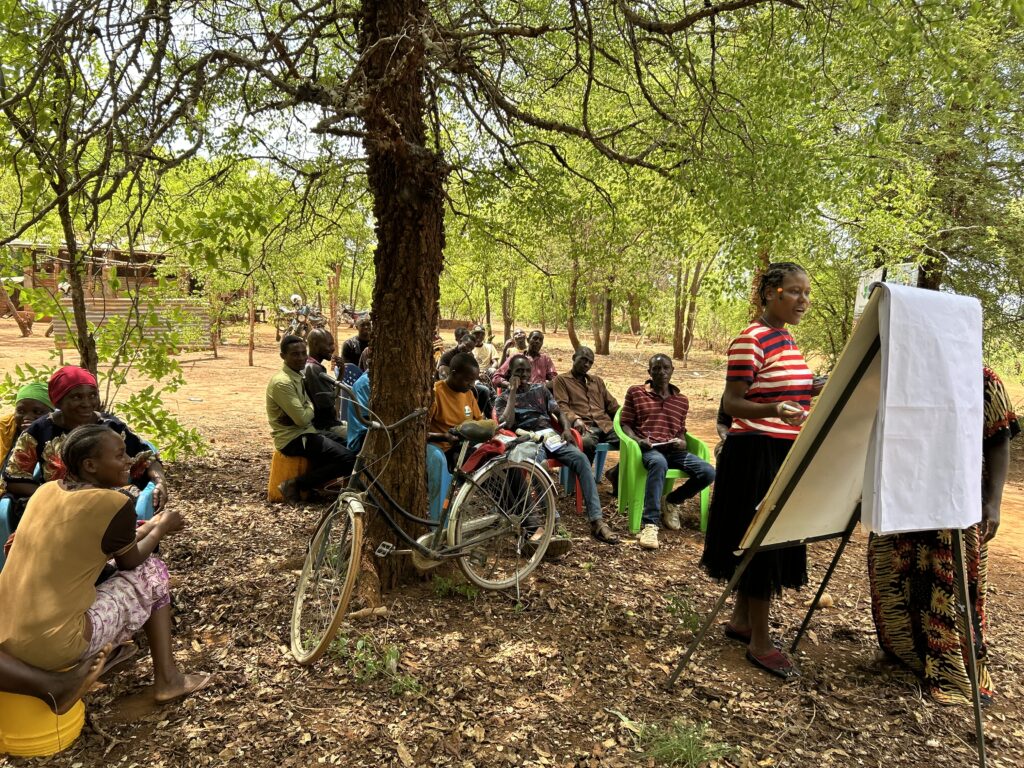
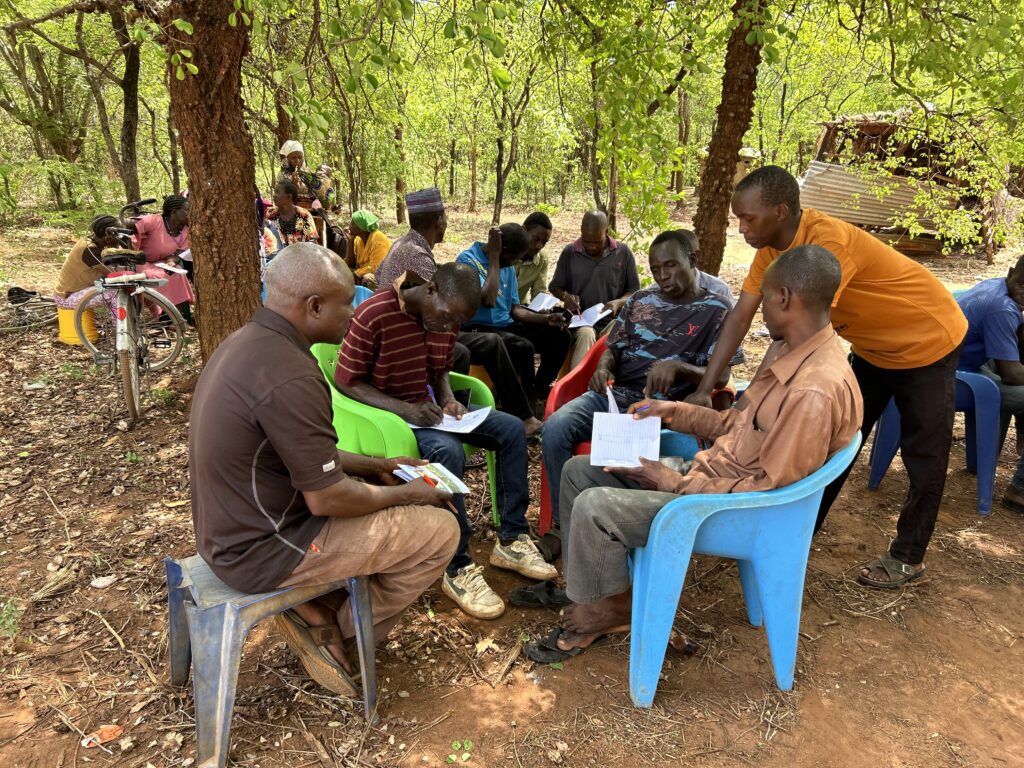
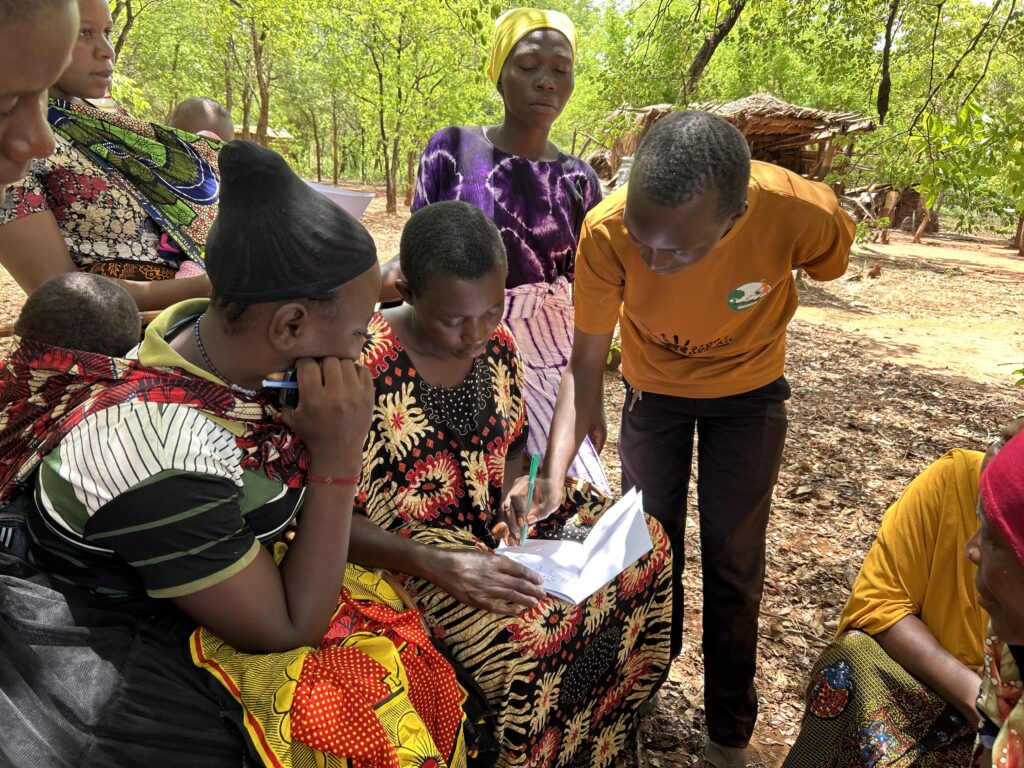
Theory of change
Studies through Integrated science and Indigenous knowledge → strengthening knowledge and technical practical capacity → scaling for sustainability.
